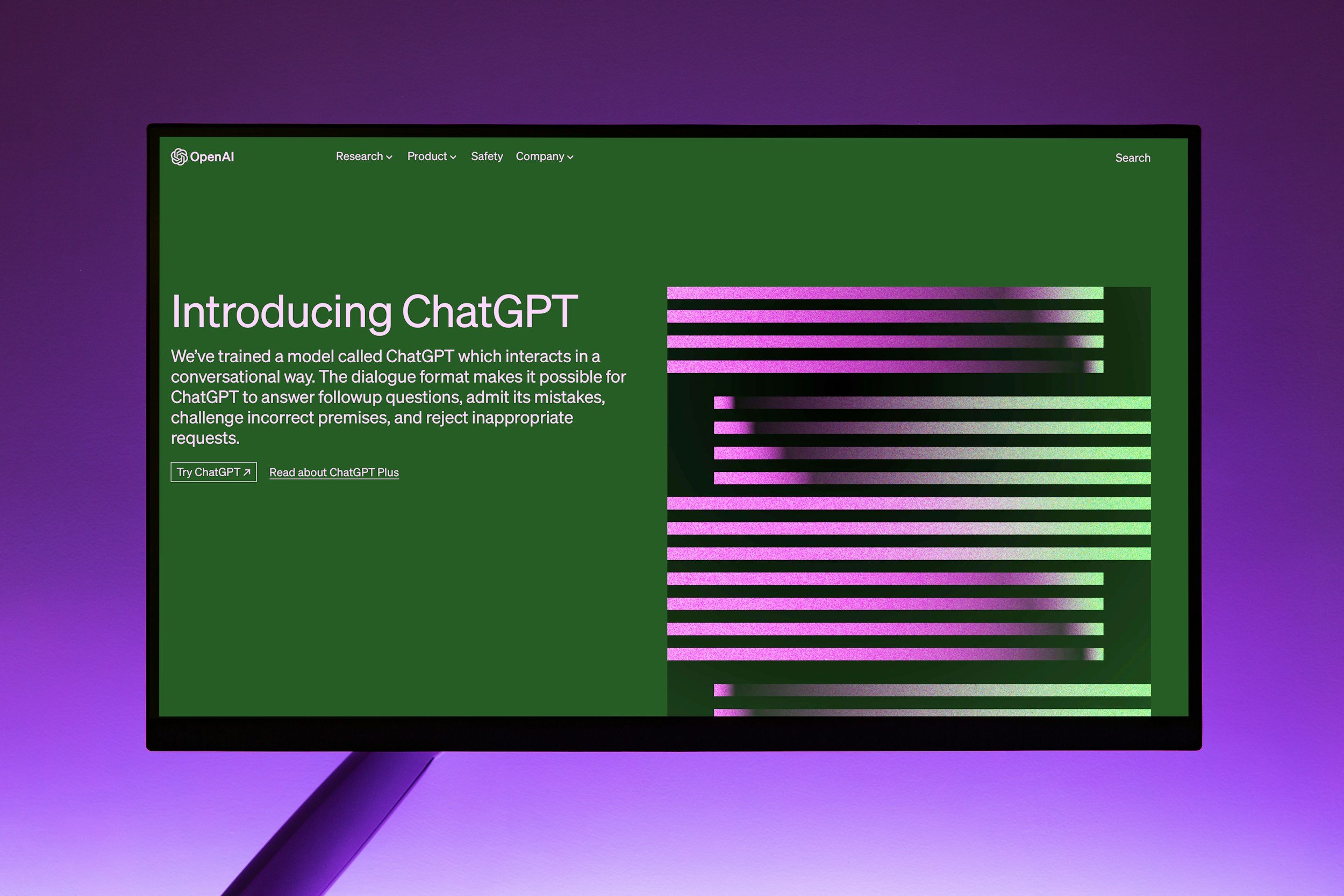In 2023, the Copyright Office launched an initiative to explore the copyright issues created by AI-generated content, including whether AI-generated work is copyrightable. The Copyright Office announced their examination in the Federal Register in August 2023 and received thousands of comments in response. This year, the Copyright Office intends to release its interpretations of copyright law as it relates to the emerging technology in the realm of generative AI. As creators wait for the full report, many new developments in copyright law shed light on the relevant issues.
AI is powerful. It can reproduce copyrighted works, like music and digital art, replicate voices and likenesses, and generate material when prompted by a user. Further, AI is trained on a massive body of work, much of which is protected by copyright requiring licensing for commercial use. Federal Courts must decide how to enforce copyrights, protect artists, and promote innovation against the backdrop of constantly evolving technology.
For example, in late 2023, publisher and copyright-holder the New York Times brought suit against OpenAI, the owner of Chat-GPT, for copyright infringement. Specifically, the New York Times alleged that OpenAI used millions of its articles to train ChatGPT without obtaining a license for such use. Recently, OpenAI made a discovery request to the New York Times seeking reporter notes and memos related to each article to prove the publisher has a valid copyright in every single article in question. This ongoing case will have far-reaching implications for how AI models can be trained and to what extent AI companies owe damages to various copyright holders for their unauthorized use of materials.
Another court recently held that images created by the AI-powered Midjourney image generator for a comic book were not copyrightable material because the author of the comic book claiming the rights was not the author of the images. The court decided that Midjourney, not a human, created the images and thus has no author and deserves no copyright protection.
The Copyright Office, through which artists register their work for copyright protection, has stated it will not give copyright protection to "works produced by a machine or mere mechanical process that operates randomly or automatically without any creative input or invention from a human author." The Office was unpersuaded by the argument that the output of AI models depends on the creative input of the artist writing the prompt.
On this topic, the US Copyright Office says:
"Digital art, poems, and books generated using tools like DALL-E, Stable Diffusion, Midjourney, ChatGPT, or even the newly released GPT-4 will not be protected by copyright if they were created by humans using only a text description or prompt, USCO director Shira Perlmutter warned."
The Copyright Office further stipulates that AI-generated content may be valid subject matter for copyright protection if a human author contributed enough creative expression to create the content. This may include cases where the author modifies the AI-generated content
to such an extent that the human can be said to have authored it. The analysis will be fact-specific, and the question will be analyzed case-by-case.


